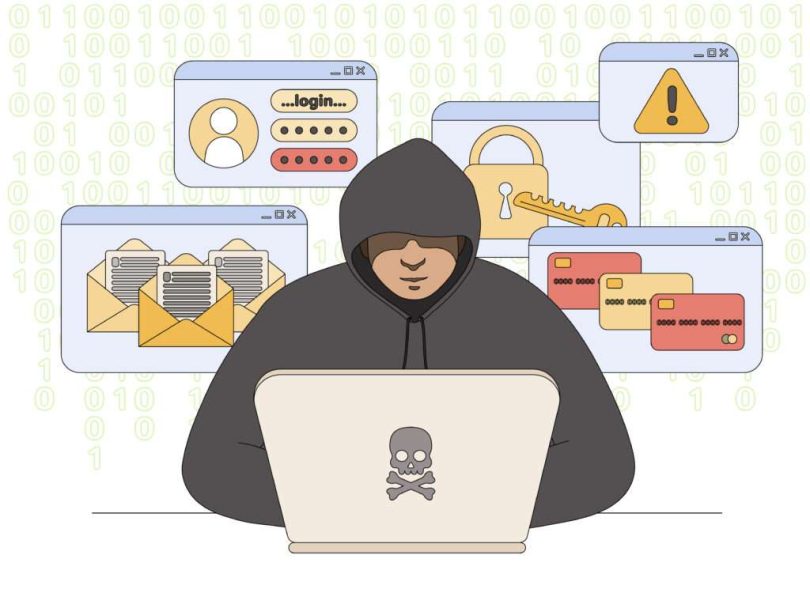As technology advances and our reliance on the digital world continues to grow, it’s natural to feel overwhelmed by the sheer amount of information available to us. With the constant hum of notifications, the endless stream of social media updates, and the constant debut of new apps and services, it’s no wonder that many of us find ourselves struggling to stay on top of it all. In this article, we’ll explore what you need to know to stay ahead of the curve and make the most of the digital world.
First and foremost, it’s essential to stay informed about the latest trends and innovations in the tech industry. This can be a daunting task, but staying up-to-date on the latest developments is crucial for those who want to remain competitive in the digital age. From artificial intelligence to blockchain, and from cybersecurity to the Internet of Things (IoT), there are a plethora of topics to keep track of. By following reputable sources, such as industry publications, research reports, and online news outlets, you’ll be well-equipped to stay informed and ahead of the curve.
Another crucial aspect of staying on top of the digital world is developing digital literacy skills. In today’s world, being digitally literate is no longer a nicety, but a necessity. Being able to effectively use digital tools, apps, and platforms is essential for both personal and professional success. It’s also important to stay up-to-date on the latest digital communication trends, including email, social media, and instant messaging apps. By developing strong digital literacy skills, you’ll be better equipped to communicate effectively, work efficiently, and navigate the ever-changing digital landscape.
In addition to staying informed and literate, it’s also crucial to maintain healthy digital habits. With the rise of social media, it’s easy to find yourself getting sucked into the vortex of endless scrolling and notifications. By establishing boundaries, taking regular breaks, and prioritizing real-world interactions, you’ll be better equipped to maintain a healthy and balanced digital life. It’s also essential to take steps to protect your online identity, such as using strong passwords, avoiding public Wi-Fi, and being cautious when sharing personal information online.
Finally, having a plan in place for staying connected and organized is also vital in the digital age. With the constant influx of notifications and updates, it’s easy to feel overwhelmed. By developing a system for organizing your digital life, you’ll be better equipped to stay on top of tasks, appointments, and deadlines. This can include using apps, calendars



